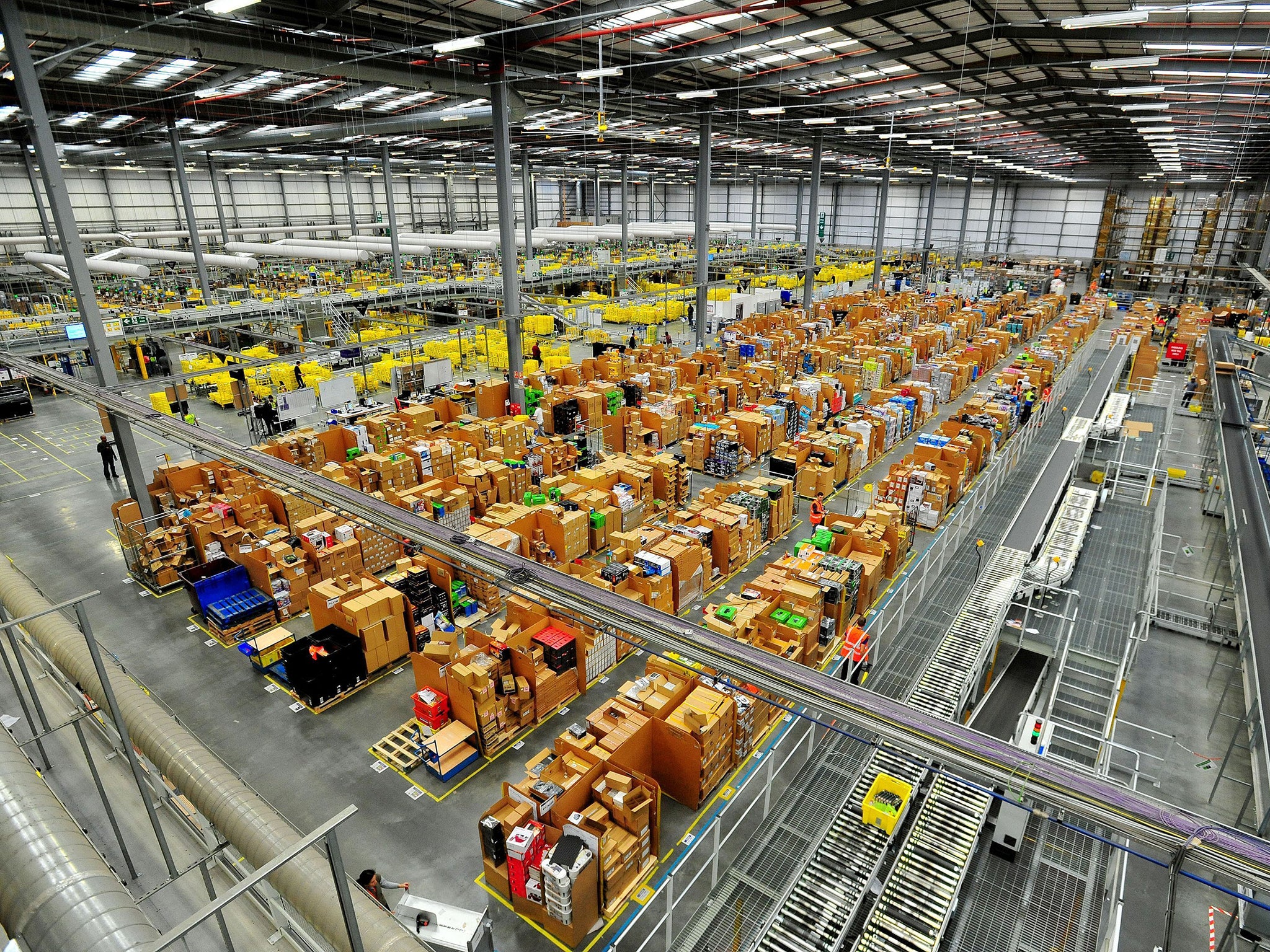Scope says online retailers are failing disabled customers, but there are some easy fixes
The charity has come up with five ways to improve websites for its ‘Big Hack’ campaign that might find favour with able-bodied shoppers too. James Moore has a sixth: hire more disabled people


I’ve written in support of #boycottblackfriday but here’s a problem: some people have no choice but to participate.
It isn’t just a matter of Black Friday, either. Those of us with disabilities end up boycotting retailers every day through our inability to access them. That includes online retailers, much in focus today because someone somewhere once decided that tagging today as “Cyber Monday” made for some smart marketing.
What’s that, I hear you say? Isn’t online retail a boon for you lot?
Well, yes. If you have a mobility impairment, as I do, it’s great. I can get the stuff I need at the click of a mouse and move on to more interesting things (shopping being about as interesting to me as watching grass grow).
But if, for example, your vision is impaired it’s a different matter.
Scope, the disability charity, has sought to highlight digital exclusion via a campaign called “the Big Hack”.
It’s highlighted the case of Londoner Glen Turner to make the point. His eyes are sensitive to light so he has to invert screens on devices. If a website does not use clear contrasting colours, it makes it impossible to read. He also needs to enlarge text on his screen. Some apps don’t allow users to do this.
Needless to say, businesses that fail to pay attention to issues like these are going to miss out on his custom.
It’s no small issue. Scope’s analysis puts the “Purple Pound” – the aggregate value of disabled people’s spending power – at £274bn.
It reports disabled people being left feeling “frustrated”, “excluded”, “helpless” and “penalised for being disabled” through digital exclusion. It’s immoral and wrong.
Unfortunately, that doesn’t always move the dial with businesses. Perhaps they might like to consider the financial imperative?
Change needn’t cost much. Scope has come up with five fixes which should be relatively easy to put into effect: include captions with video, ensure displays feature colour-contrasting text and backgrounds, have descriptions written in plain language, avoid cluttered layouts, make buttons descriptive and big. There you go.
I’d be interested to get a handle on how many able-bodied potential customers are similarly put off by bad design. I’d imagine there are a quite lot of them who would also welcome improvements like these.
All this, however, raises a question. Given the size of the disabled market, and the potential for lost business through failing to serve it properly, why does an organisation like Scope have to start jumping up and down to get this noticed.
Prejudice is one potential answer, but I don’t think it’s that. No retailer likes to pass on business, all the more so in the current economic climate.
This is more a sin of omission. I’d imagine it’s because designers, and their managers, simply don’t register issues like those Scope raises and it’s because they don’t encounter people whose disabilities make online shopping difficult for them.
At the core of this is, then, is that old chestnut: the disability employment gap.
More of us in the retail workspace would naturally result in more consideration being given to our needs.
Disabled people make good employees. We are less inclined to take time off sick and tend to be more loyal than our able-bodied colleagues. Good employers are hard to find for those of with disabilities so we’re inclined to stick around when we find them.
When you factor in the improvements to a business’s offer that could flow from having more disabled people in the workplace, it isn’t hard to see how a virtuous circle could be created. The pity is so few business leaders have woken up to that fact.
Join our commenting forum
Join thought-provoking conversations, follow other Independent readers and see their replies
Comments